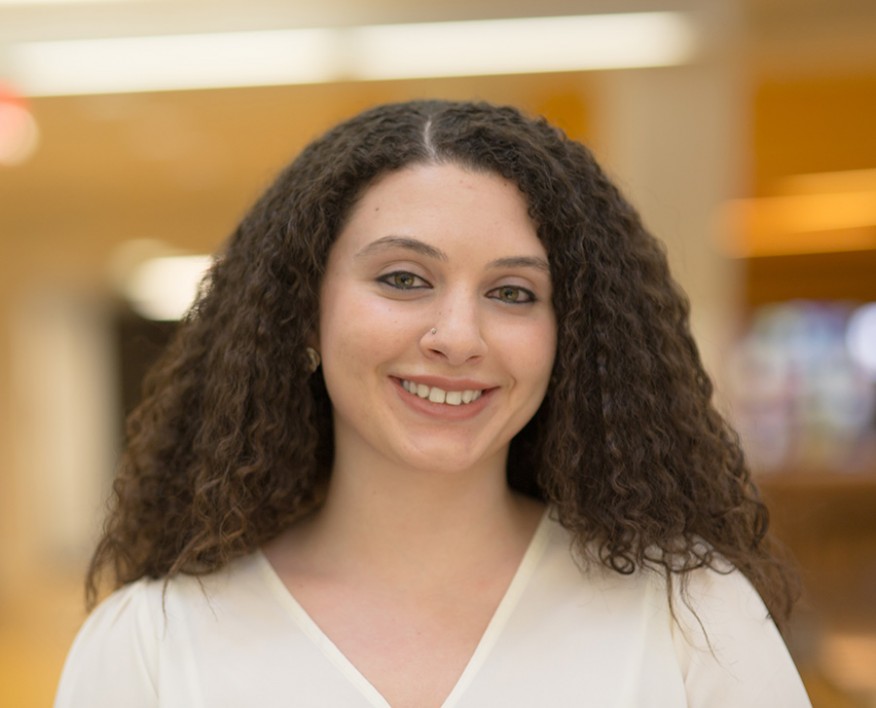Zainab Farhat was planning on going to med school - but an assignment as an Americorps tutor and mentor in Chicago public schools exposed her to failures in the education system that she felt compelled to address. For Farhat, the most troubling failure was the systematic funneling of at-risk kids - particularly foster care youth - into the juvenile justice system.
Determined to create alternatives to the school-to-prison pipeline, Farhat decided to pursue a dual degree in social work and public health. “I wanted to make a more immediate impact in the lives of foster care youth. The dual degree is the best way to bridge my interests in preventative health and fighting social injustices ”
Now at U-M, Farhat is preparing to do just that as an intern with the Child and Adolescent Data Lab. The Data Lab partners with the State to improve the lives of vulnerable youth with the aid of big data collected from schools, health and human services, and juvenile justice systems.
Farhat is getting real-world organizational management experience and is responsible for helping improve lab productivity, communication, file sharing, online collaboration, safe data storage and archiving. She’s currently working on a project that will shed light on school performance in foster care youth.
I want to lead an organization dedicated to eradicating the school-to-prison pipeline. Here at the Child and Adolescent Data Lab I’m learning about the administrative side of impacting change. I’m gaining hard skills like building and managing a budget and grant writing. And I’m an integral part of establishing the organizational culture and ensuring that the work output aligns with mission of the data lab.
“If we have data to show which interventions work best with certain families and children, and tie it to a geographical area, we can impact the services and interventions they receive and potentially improve performance in that area.”
Farhat sought out the Data Lab internship after hearing co-director Brian Perron lecture on data visualization in her Macro Practice Skills Lab class. She was intrigued by his description of how the Data Lab could use big data as a tool for social change.
“I’m gaining a deeper understanding of how important it is to have and maintain partnerships with an entity like the State for the purpose of establishing ground-level change. Interacting with people who are further removed from the youth who are affected by the juvenile justice system gives me greater insight into how decisions are made at higher levels.”
